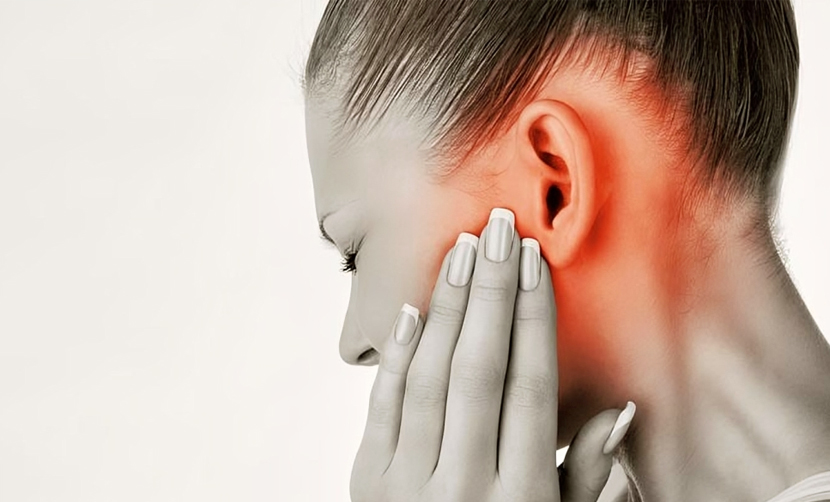
TMJ Disorders in Valley Center, KS
Types and Symptoms of TMJ Disorders
- Myofascial pain manifests as discomfort in the jaw joint area due to increased muscle tension and spasms resulting from various factors.
- Internal derangement encompasses conditions where the disc is displaced, the jaw is dislocated, or there is trauma to the condyles of the jaw.
- Arthritis is identified by degenerative joint disease.
Diagnosis and Treatment
The dentist will evaluate joint symptoms and function to diagnose a TMJ disorder, and additional diagnostic tests, including specialized radiographic imaging, may be prescribed. Treatment options may encompass oral appliances like night guards or stabilization splints to alleviate strain on the joints. Other therapeutic approaches may involve steroid injections, occlusal adjustments, and orthodontic or prosthodontic interventions to enhance teeth alignment. Surgery may be advised in severe cases.
Self-care strategies can help alleviate TMJ disorder symptoms, with patients advised to consume soft foods, minimize excessive jaw movements, employ stress reduction and relaxation techniques, and apply ice packs or moist heat as directed. Patients should follow gentle stretching exercises recommended by the dentist or therapist if provided. Over-the-counter non-steroidal anti-inflammatory drugs and pain medications may offer temporary relief, and if ineffective, stronger pain or anti-inflammatory medications, muscle relaxants, or anti-depressants may be prescribed by the dentist or physician.